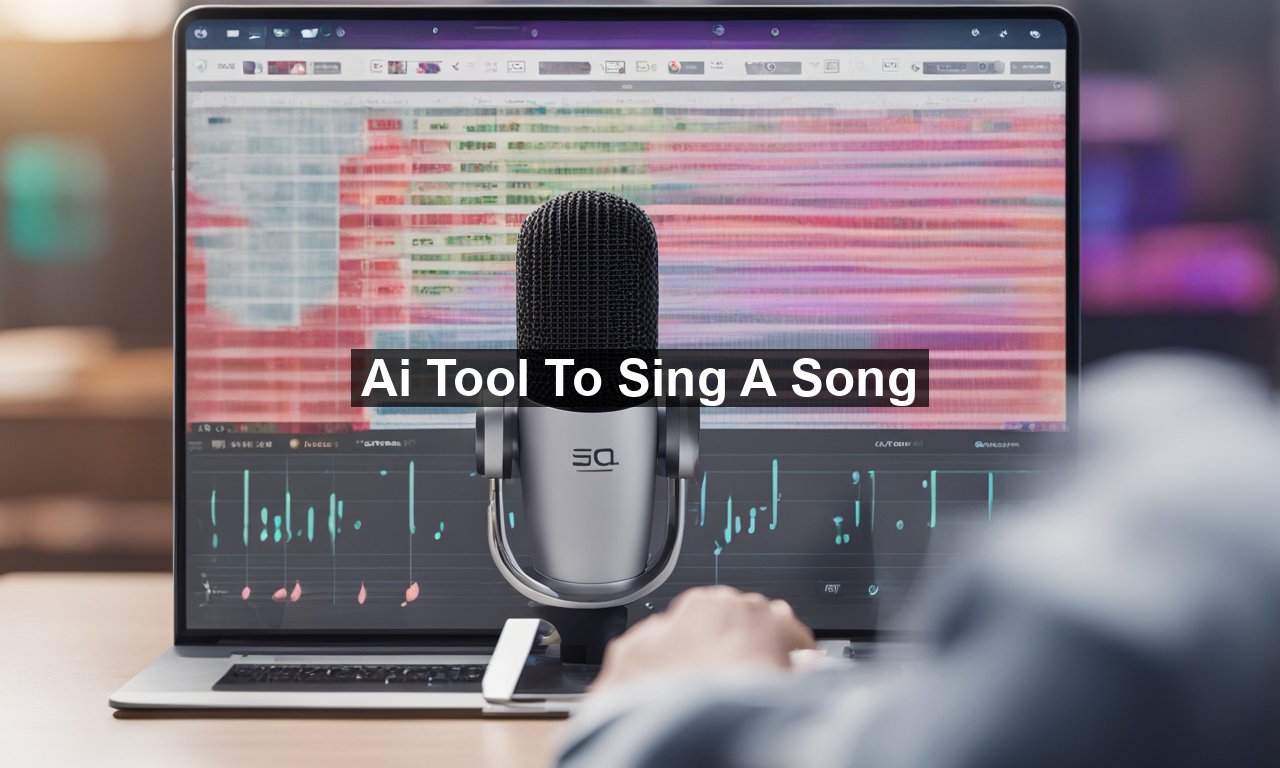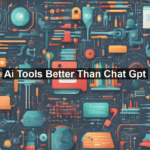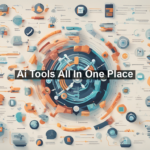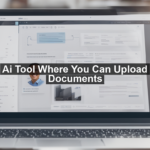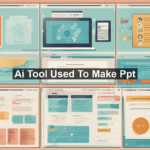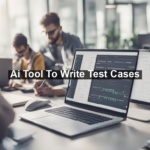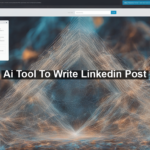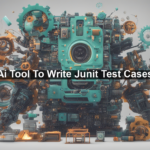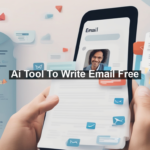Have you ever wished you could compose and sing a song without hitting a single note? Imagine an intelligent tool that can transform your thoughts into melodious tunes. Welcome to the fascinating world of AI-assisted music creation. This transformative technology not only democratizes music production but also offers unlimited creative possibilities. In this blog post, we’ll explore how AI tools are revolutionizing the way songs are sung and everything you need to know to dive into this exciting trend.
Understanding AI-Driven Singing Tools
Artificial Intelligence has been steadily increasing its influence on the music industry, introducing tools that can assist, and sometimes even replace, human effort in music creation. These AI singing tools utilize sophisticated algorithms to analyze and replicate human singing styles, adapting to various music genres. By employing machine learning techniques, these tools learn from vast databases of vocal recordings, enabling them to mimic tones and nuances that are remarkably human-like.
How Do AI Singing Tools Work?
The working principle behind AI singing tools involves a complex blend of deep learning and neural networks. Initially, these tools require extensive training data, which includes a diverse range of voice samples and songs. As the AI processes this data, it learns to pick up on the unique elements that characterize different singing styles. Notably, AI models such as OpenAI’s Jukebox and Google’s Magenta Project have already shown significant progress by creating highly sophisticated AI-generated music.
- Learning: AI tools first learn from a vast supply of vocal data.
- Processing: Using neural networks, the AI identifies patterns and nuances.
- Generation: The AI generates new vocals based on requested styles and inputs.
Why Are AI Singing Tools Gaining Popularity?
The surge in the popularity of AI singing tools is fueled by several compelling benefits, making them indispensable for artists, producers, and even hobbyists. Let’s delve into why these tools are making waves in the music industry:
- Accessibility: AI singing tools make it possible for anyone to produce music, regardless of their vocal ability, thus breaking down barriers for aspiring musicians.
- Cost-effective: Hiring professional session singers can be expensive, and these AI tools offer a budget-friendly alternative without compromising quality.
- Creative Freedom: Musicians can experiment with different styles and ideas that they might not have been comfortable trying on their own.
- Time-saving: These tools significantly reduce the time needed to produce high-quality vocal tracks.
Common Questions About AI Singing Tools
Can AI Completely Replace Human Singers?
While AI singing tools are advancing rapidly, they cannot completely replicate the emotion and intuition that human singers bring to their music. AI is a complementary tool rather than a replacement. Many artists use it to augment their creative process rather than substitute it entirely. The uniqueness of human expression and live performance is something that AI, at least for now, cannot emulate.
Are AI Singing Tools Difficult to Use?
Not at all! One of the best things about AI singing tools is their user-friendliness. They are designed to accommodate various skill levels, from beginners to professional musicians. Most interfaces are intuitive, and numerous online tutorials guide users through the process of creating and enhancing their songs with AI. The ease of use is part of what makes these tools so attractive to emerging artists.
Is AI-Generated Music Legal?
Yes, AI-generated music is legal, but there are considerations regarding copyright and intellectual property rights. It’s crucial to understand the terms of service provided by the AI tool company, which usually specifies rights to the generated music. It’s always a good idea to confirm whether the compositions can be freely used, shared, or modified. For further guidance on music copyright laws, you can refer to reputable sources such as World Intellectual Property Organization.
Getting Started with AI Singing Tools
If you’re ready to explore the world of AI-generated music, you’ll be pleased to find a variety of tools available for experimentation. Here are a few tips to help you get started:
- Research: Investigate different AI tools and their features to find one that matches your needs and musical style.
- Experiment: Start by testing the waters with simple songs or vocals to understand the capabilities of your chosen tool.
- Learn: Utilize tutorials and guides that are often supplied by the tool providers to refine your skills.
- Collaborate: Join online communities and forums to share your experiences and learn from others who are also using AI tools.
Conclusion
The intersection of music and technology continues to evolve with AI singing tools paving the way for innovative music creation. Whether you’re an aspiring artist, seasoned professional, or simply someone who loves to explore new tech trends, AI offers a treasure trove of creative possibilities. While it’s not a replacement for human talent, it provides an exciting platform to explore and expand musical horizons. As AI tools continue to mature, we can look forward to even more groundbreaking advancements in the harmonic symbiosis of AI and music.
